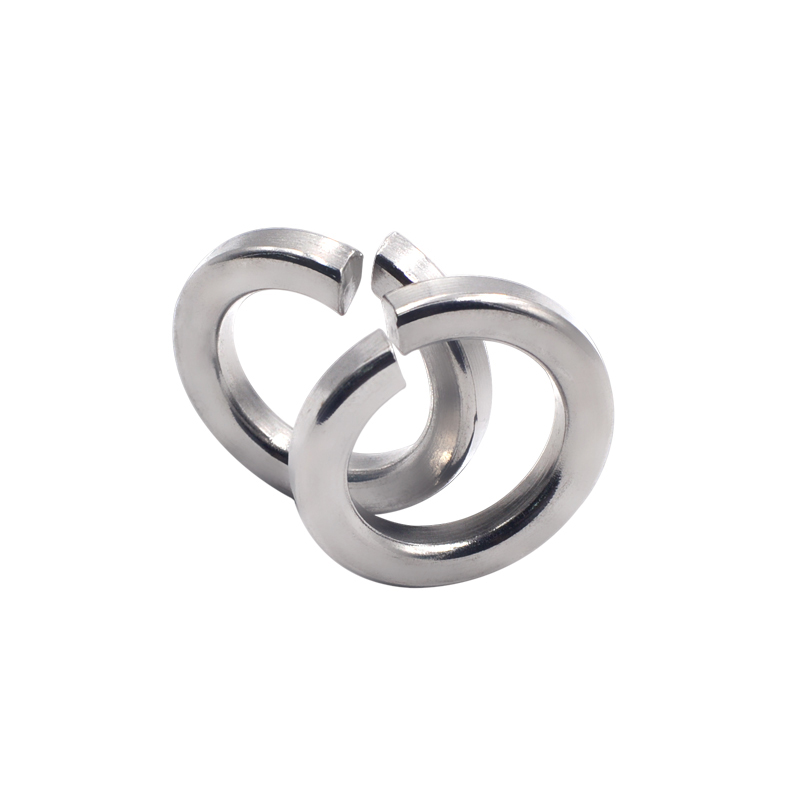- Time:2024/01/30 Posted:Dongguan prospect hardware accessories co.,ltd
Enhancing Performance with Innovative Fastening Solutions

Fasteners play a crucial role in various industries, ensuring the proper assembly and functioning of products. As technology continues to advance rapidly, the field of fastener technology is constantly evolving. This article explores the latest innovations in fastening and provides insights on how businesses can keep up with the ever-changing landscape.
1. Lightweight and High-Strength Materials
In the quest for improved efficiency and performance, manufacturers are turning to lightweight and high-strength materials for fastener production. Advanced alloys, composites, and titanium-based fasteners are becoming increasingly popular due to their ability to withstand high loads while reducing overall weight. These materials offer enhanced resistance to corrosion and can withstand extreme temperatures, making them ideal for demanding applications in aerospace, automotive, and energy sectors.
2. Smart Fastening Technologies
The integration of electronics and sensors within fasteners has given rise to smart fastening technologies. These innovative solutions provide real-time data on parameters such as torque, tension, and vibration, allowing for proactive maintenance and quality control. With the help of embedded sensors, manufacturers can monitor the structural health of fastened components, identify potential failures in advance, and optimize maintenance schedules accordingly. Smart fastening technologies are revolutionizing industries like aviation, automotive, and manufacturing, where reliability and safety are paramount.
3. Self-Locking Fasteners
To address the challenges of vibration-induced loosening and fastener failure, self-locking fasteners have emerged as an effective solution. These fasteners incorporate specialized locking mechanisms that prevent unintentional loosening, even under severe vibrations. The market offers a variety of self-locking technologies, including prevailing torque nuts, nylon-insert locknuts, and adhesive-coated locking fasteners. By utilizing self-locking fasteners, industries can enhance safety, reduce maintenance costs, and prevent downtime caused by loose fasteners.
4. Environmentally Friendly Fasteners
Driven by the increasing focus on sustainability, the fastener industry is embracing environmentally friendly practices. Manufacturers are now developing fasteners made from recycled or biodegradable materials, reducing the overall carbon footprint. Additionally, advanced coatings and platings are being introduced, providing enhanced corrosion resistance without relying on harmful substances like chrome or cadmium. By adopting eco-friendly fasteners, businesses can align with global sustainability initiatives while maintaining performance and reliability.
5. 3D Printing of Fasteners
One of the most significant advancements in fastening technology is the use of 3D printing for fastener manufacturing. This additive manufacturing technique enables the production of complex and customized fasteners with improved geometries and reduced weight. The ability to rapidly prototype and manufacture fasteners on-demand offers immense flexibility and cost savings. 3D printed fasteners are finding applications in aerospace, automotive, and medical industries, where unique geometries and lightweight designs are critical.
In conclusion, staying abreast of the latest innovations in fastening technology is essential for businesses across various industries. From lightweight materials and smart technologies to self-locking mechanisms and eco-friendly practices, these advancements offer improved performance, reliability, and sustainability. By embracing these innovations, companies can enhance their products, drive efficiency, and maintain a competitive edge in an ever-evolving market.
